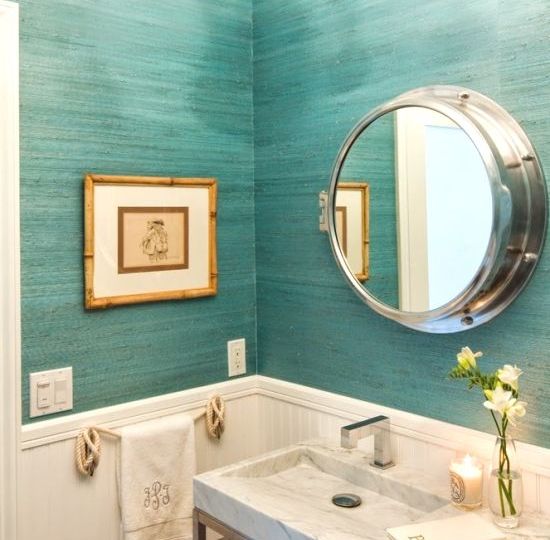
So what’s the issue with mirrors and Alzheimer’s? Many people with Alzheimer’s and other kinds of dementia have difficulty with their reflection in mirrors and other glass. There are design solutions to solve this issue with mirrors and framed art. Keep reading to find out more.
Table of contents
What’s the issue with mirrors?
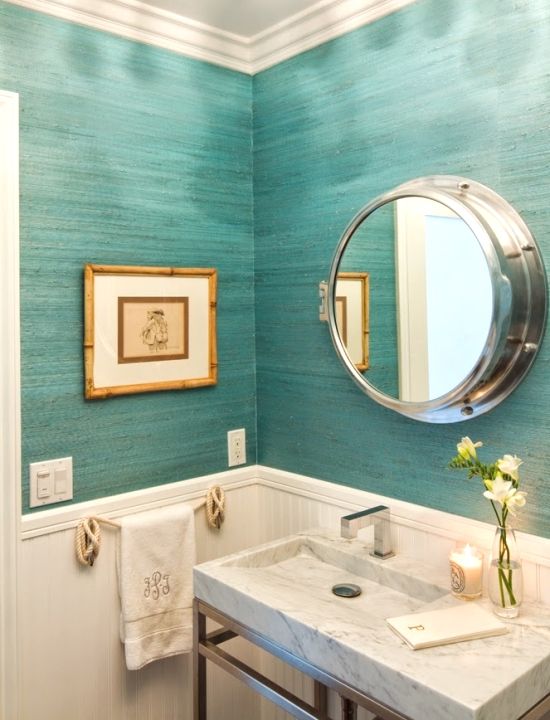


We’ve all had a fright looking in the mirror from time-to-time, and it’s usually because we didn’t know there was spinach between those front teeth during a date, or that ‘perfect hair day’ was not so perfect after all.
But a reflection in mirrors can be upsetting to someone with Alzheimer’s in a completely different way.
When some brains affected by dementia look in a mirror, they can wonder who is that in the mirror?
It may seem strange, but if you think about how Alzheimer’s affects a brain, making short-term memories harder to stick, it can make sense.
Many times people living with Alzhimer’s don’t think the person in that mirror is them. The face in that mirror could look like an older relative who died long ago. Or even more upsetting, they could think it’s a burglar or stranger in their home. That’s how someone with Alzheimer’s can feel when they’ve forgotten what they look like as an older person. That’s also why they can think their daughter is their wife, or a grandchild is their child.
What can you do about the mirrors?
Mirrors and Alzheimer’s can be a tough combination. Sure you can attempt to tell your loved one that the face they see is theirs. But honestly, if your path is ‘teaching’ your loved one who is in that mirror, then you’ll be spending part of every day on that conversation.
And when you know your loved one is scared or confused and your time together is running out, the best reaction might be to just take down the mirrors and replace them with art or photos of them as a child or from a treasured moment in their life.
The Alzheimer’s and dementia brain enjoys going back to those memories that they’ve reflected upon the most during the healthy years of their life. If there’s a story that’s been recounted time-and-time-again, and you have a photo, I’d display it. The memory may help start a good mood. And a smile can be more difficult to find as the disease progresses.
How do you frame art without causing issues?
The reflection in glass can have a similar effect on an Alzheimer’s brain.
So before you frame and hang memories to help your loved one reminisce, forget about the glass in the frame. Any reflection can be upsetting to someone with Alzheimer’s. The brain is now processing information differently. So the reflection in the glass of that artwork might be the only thing your loved one is focused on. And just like a mirror, the reflection can be extremely upsetting.
Do you have mirrors, glass, or other design tips to help a loved one with Alzheimer’s? I’d love for you to share your ideas and ask us anything in the comments section below. Or send me a note.
We’re all in this together.
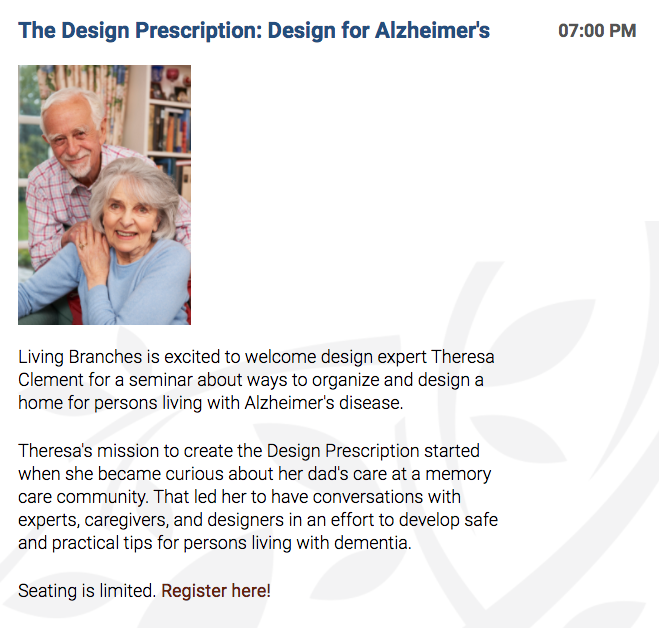
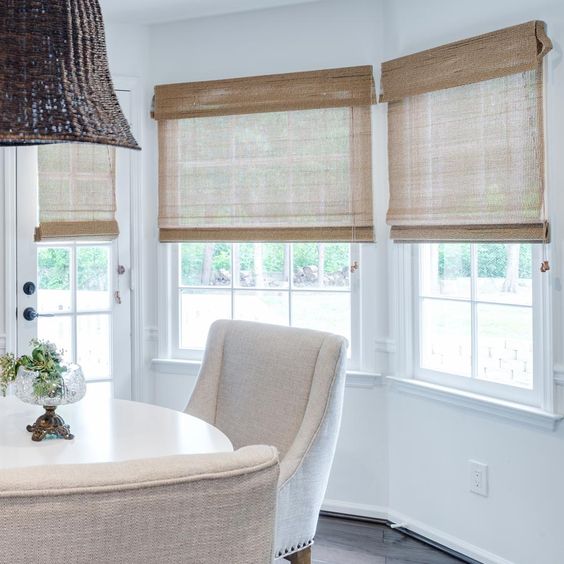
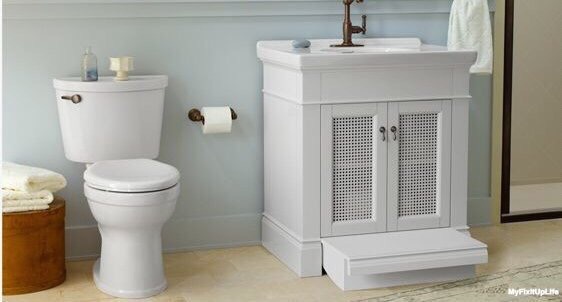

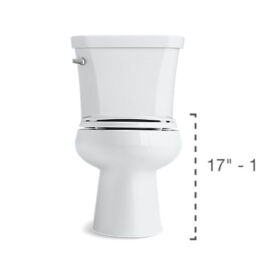
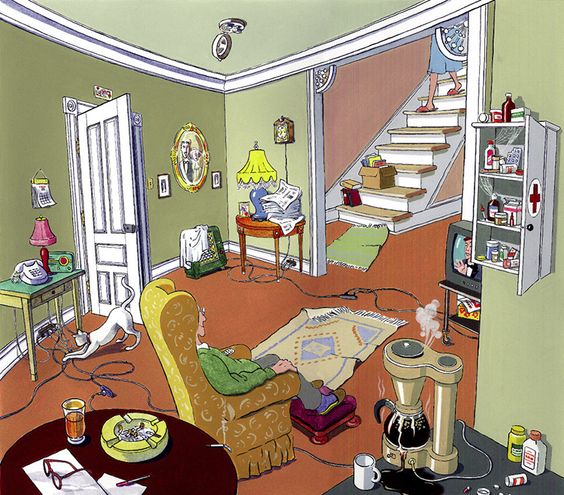

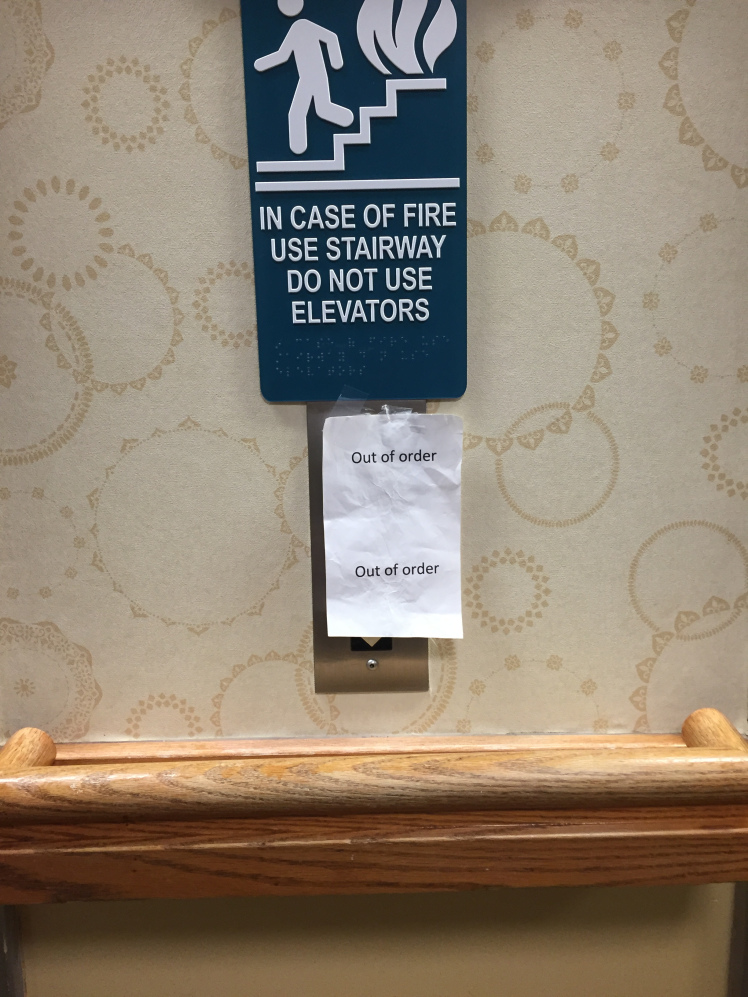
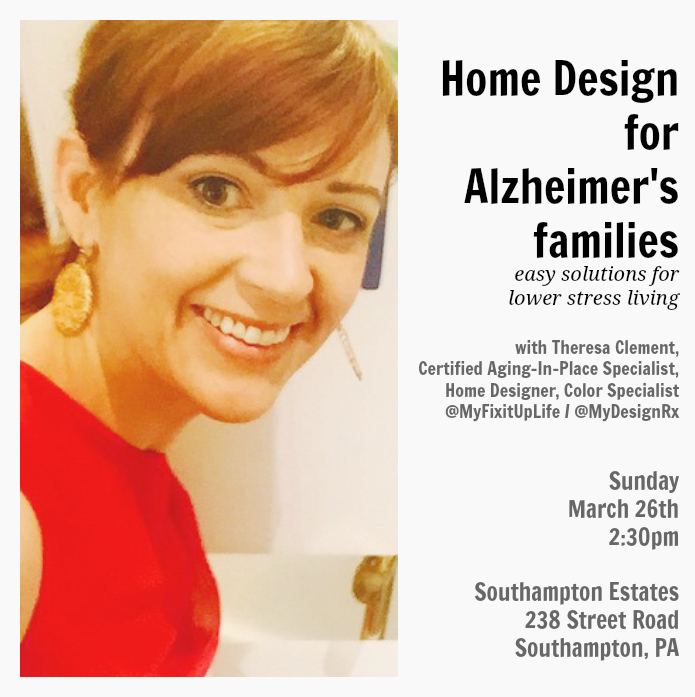
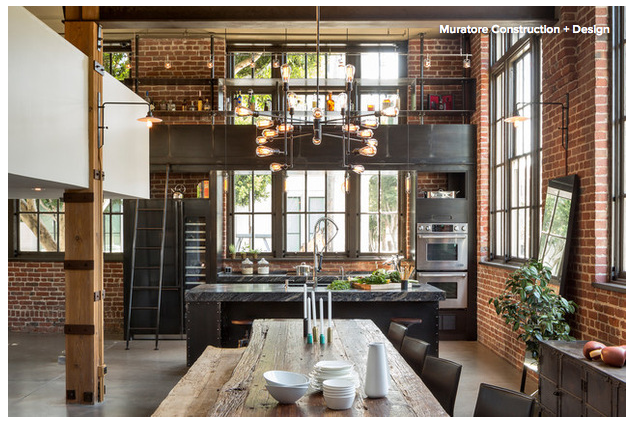
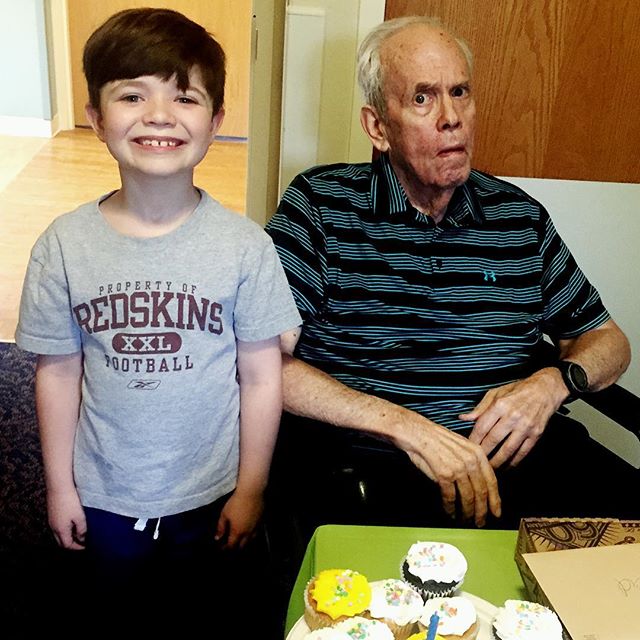
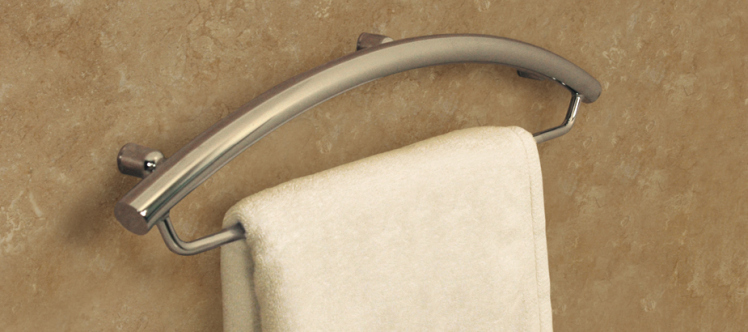


My husband has Alzheimer’s and talks to his reflection in the big clothset door mirror in his room, they show each other things like wallets nail Clippers shoes anything and have long friendly conversations. Many times each day he says he is going to his place, sits on the bed and looks at himself in the mirror and has a chat. He seems very comfortable.